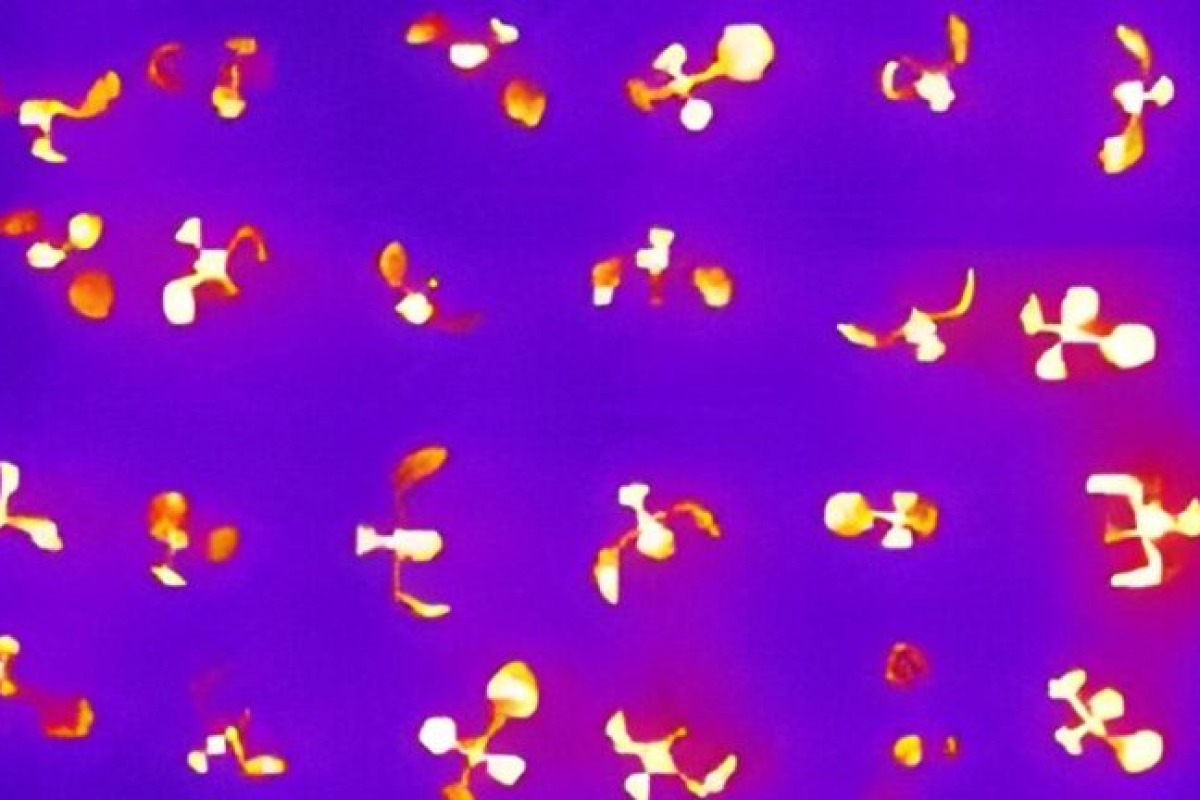Climate change is already harming agricultural yields and may one day pose a significant threat to the world’s food supply. Engineering more resilient crops, including those able to thrive in the face of drought or high soil salinity levels, is an increasingly urgent need.
A new study from the Keck School of Medicine of USC, funded by the National Institutes of Health, reveals details about how plants regulate their responses to stress that may prove crucial to those efforts. Researchers found that plants use their circadian clocks to respond to changes in external water and salt levels throughout the day. That same circuitry—an elegant feedback loop controlled by a protein known as ABF3—also helps plants adapt to extreme conditions such as drought. The results were just published in the journal Proceedings of the National Academy of Sciences.
“The bottom line is plants are stuck in place. They can’t run around and grab a drink of water. They can’t move into the shade when they want to or away from soil that has excess salt. Because of that, they’ve evolved to use their circadian clocks to exquisitely measure and adapt to their environment,” said the study’s senior author, Steve A. Kay, PhD, University and Provost Professor of Neurology, Biomedical Engineering and Quantitative Computational Biology at the Keck School of Medicine and Director of the USC Michelson Center for Convergent Bioscience.
